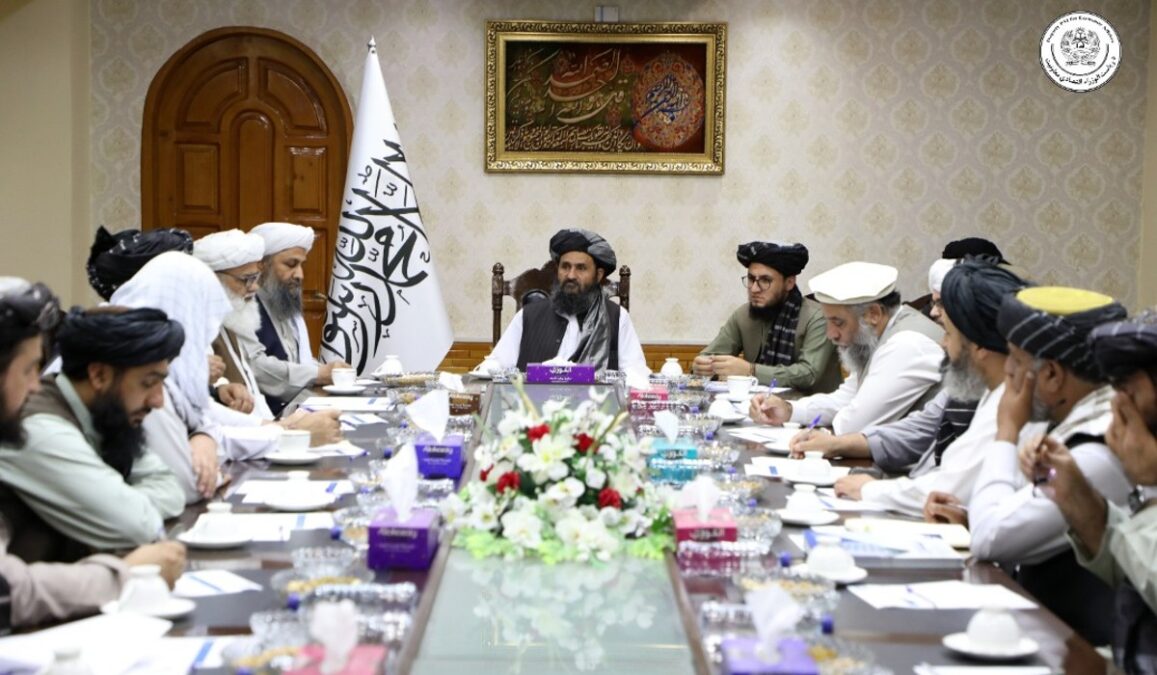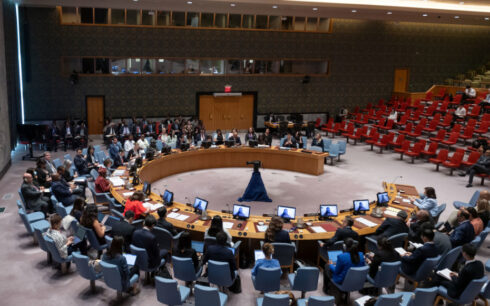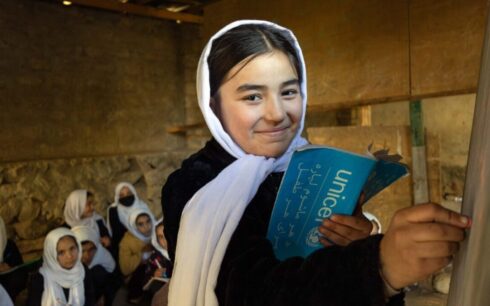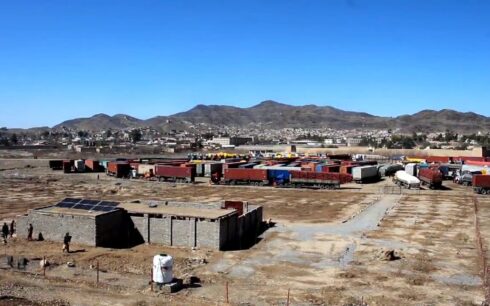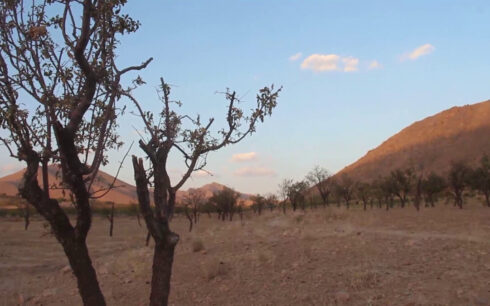The Taliban has responded to the recent move by the European Union Council, which added three of its leaders to its sanctions list, by advocating for “dialogue and engagement” instead of resorting to such measures.
In a tweet on Friday, Taliban spokesman Zabihullah Mujahid stated that the EU Council’s move “will not benefit any side” and suggested that “engagement, dialogue, and understanding” should be pursued instead. He emphasized that such policies have historically failed to yield positive results in Afghanistan.
The European Council imposed restrictive measures against 18 individuals and five entities under the EU Global Human Rights Sanctions Regime due to their involvement in serious human rights violations and abuses across different countries, including Afghanistan.
Among the targeted individuals are Taliban’s acting ministers of education and justice, Habibullah Agha and Abdul-Hakim Sharei, respectively, and the acting chief justice of the Supreme Court, Mawlawi Abdul Hakim Haqqani. The sanctions were imposed in light of their roles in depriving Afghan girls and women of their rights to education, access to justice, and equal treatment with men.
Under the EU’s Global Human Rights Sanctions Regime, those designated are subject to asset freezes, and EU citizens and companies are prohibited from providing funds to them. Additionally, designated individuals face travel bans that prevent them from entering or transiting through EU territories.
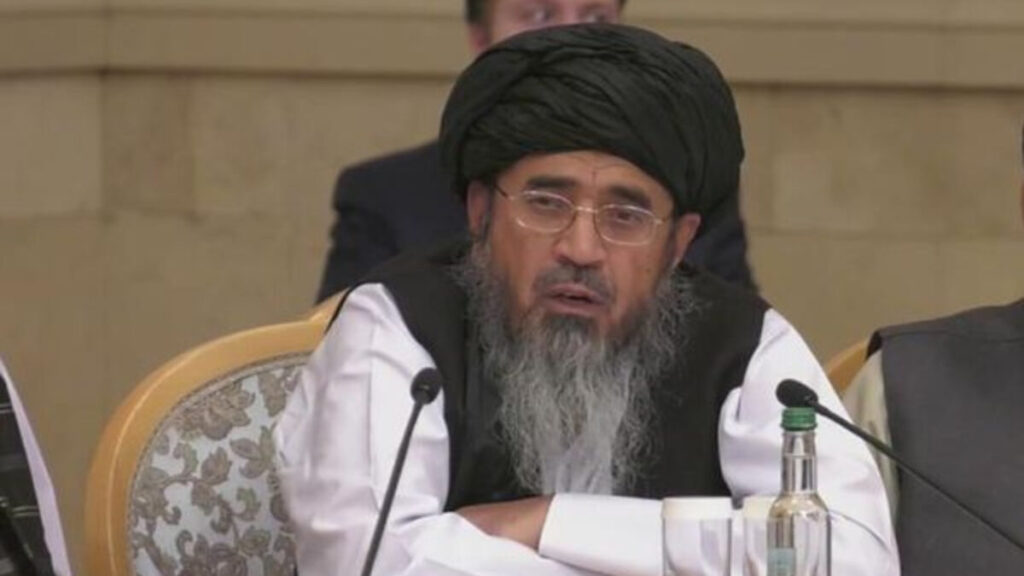
The EU Council’s action is part of its commitment to countering sexual and gender-based violence and holding those responsible for such violations accountable.

The EU’s statement details the reasons behind the listing of each individual. Acting Taliban Minister of Education, Mawlawi Habibullah Agha, was responsible for extending the ban on female students attending school beyond the sixth grade, and he ordered the closure of private and NGO-run education centers that were previously offering education to girls. The EU views him as personally responsible for human rights violations, particularly the imposition of gender-based repression in the education sector.
Acting Taliban Chief Justice of the Supreme Court, Mawlawi Abdul Hakim Haqqani, was cited for excluding female judges from Afghanistan’s court system and restricting women’s access to justice. He is also considered an ideological leader within the Taliban, influencing gender repression through guidance that systematically excludes women and girls from public life in Afghanistan.

Acting Taliban Minister of Justice, Abdul-Hakim Sharei, was listed for obstructing the licensing of female lawyers and hindering women’s access to legal representation. His directive to review Afghanistan’s legal framework led to the discontinuation of the application of the Law on the Elimination of Violence against Women.
The EU Council holds Sharei personally responsible for the concerted effort to employ denial of justice as a means of gender-based repression, causing women and girls to suffer from lawlessness and impunity.
As the situation unfolds, the call for dialogue and understanding from the Taliban adds to the complexities of addressing human rights issues in Afghanistan.

